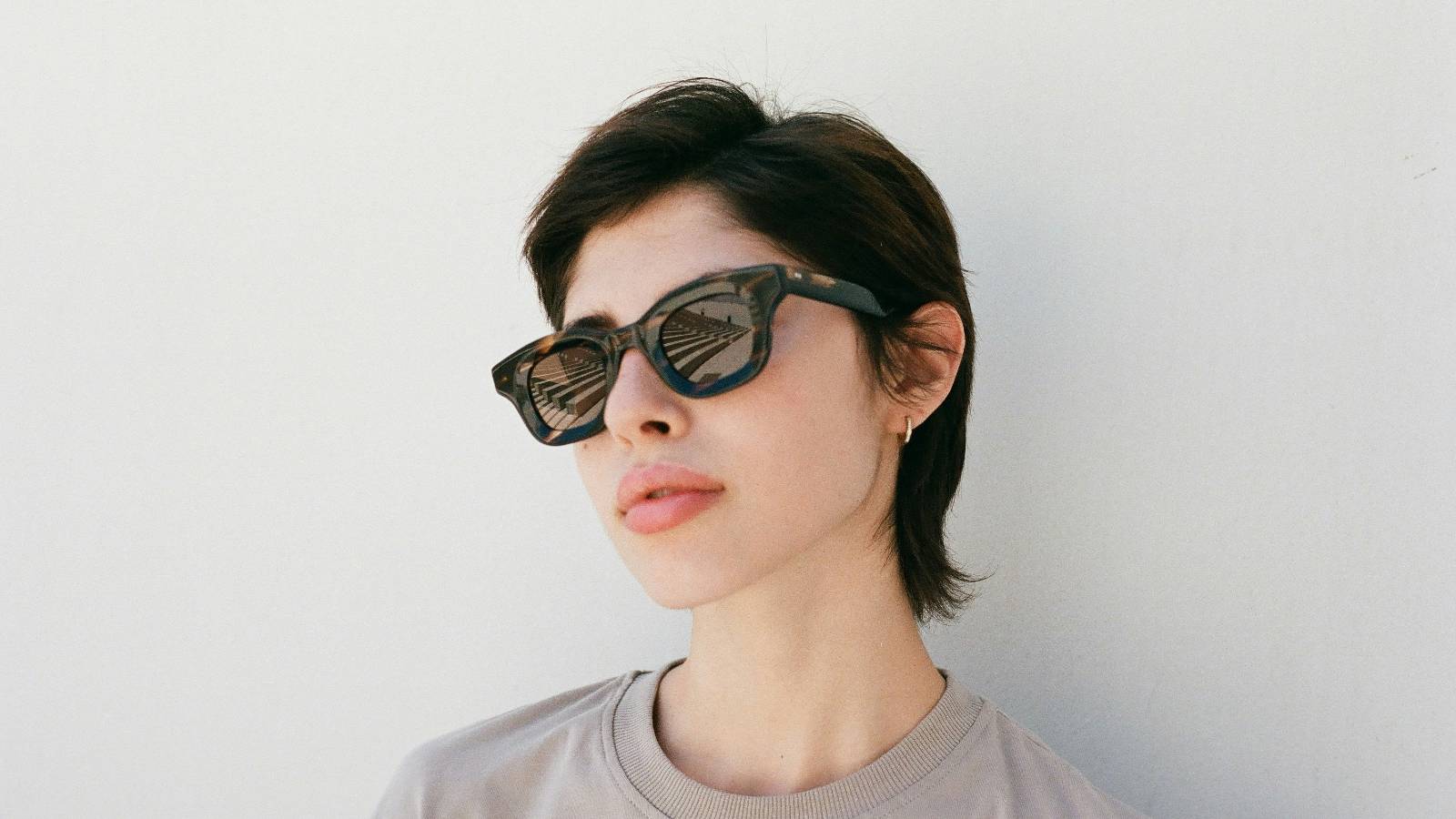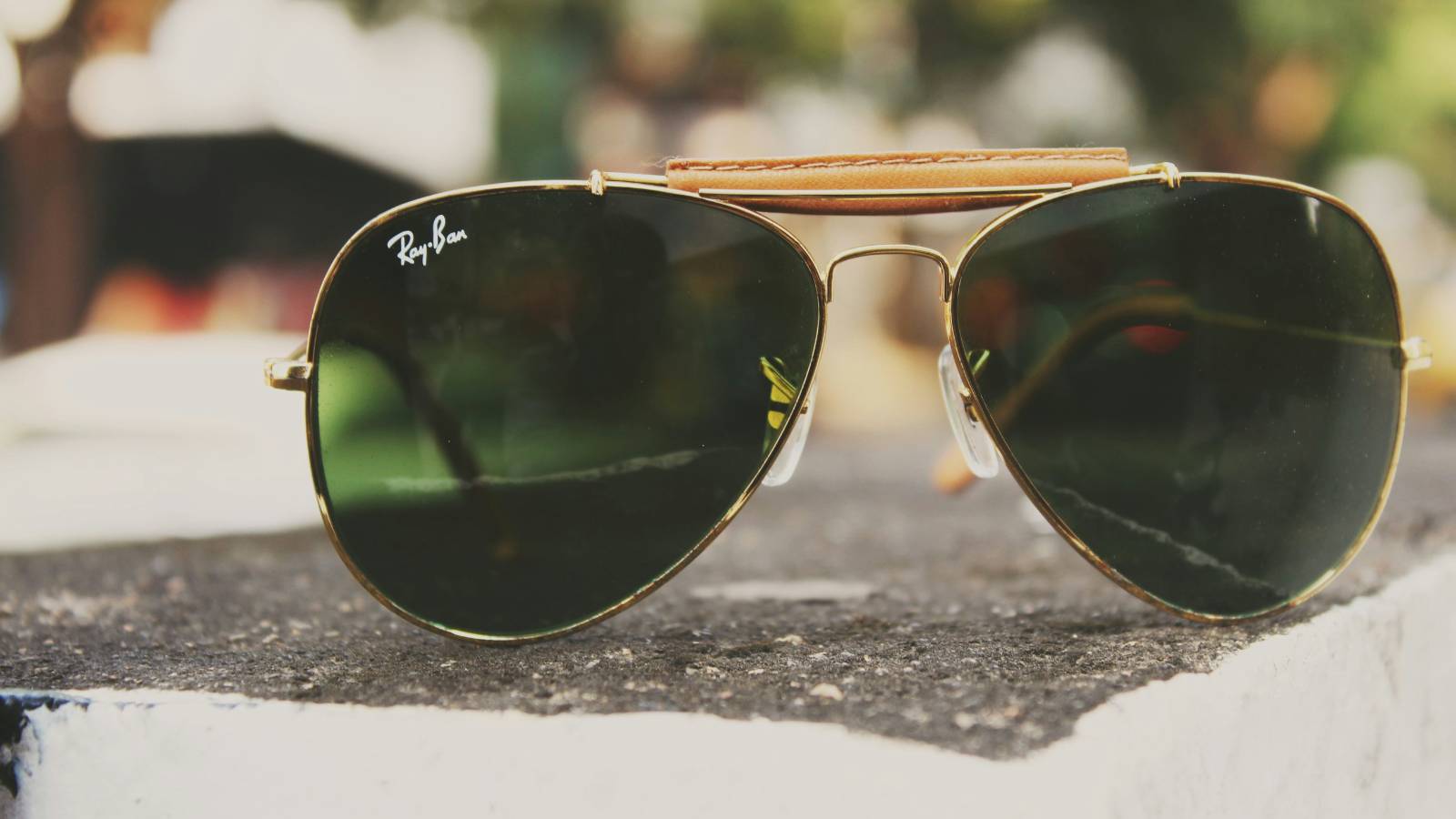Selecting sustainable sunglasses represents more than a purchasing decision—it's an investment in both personal style and planetary stewardship.
Making Informed Choices for Style and Planet
In an era where consumer choices carry profound environmental implications, the eyewear industry stands at a fascinating intersection of fashion, function, and ecological responsibility. For the discerning British consumer, selecting sustainable sunglasses represents more than a purchasing decision—it's an investment in both personal style and planetary stewardship. This comprehensive guide examines the leading brands and innovations transforming how we approach eyewear sustainability.
Understanding Sustainability in Eyewear Manufacturing
The conventional sunglasses industry presents significant environmental challenges. Traditional acetate production relies heavily on petroleum-based plastics, whilst manufacturing processes generate substantial carbon emissions and material waste. The average pair of sunglasses contains multiple plastic components that can persist in landfills for centuries, contributing to the microplastic crisis affecting our oceans and ecosystems.
Progressive brands are now addressing these concerns through innovative materials science, circular economy principles, and transparent supply chain management. For UK consumers seeking to align their purchasing power with environmental values, understanding these approaches proves essential to making informed decisions.
Leading Sustainable Brands Available in the UK Market
SunGod: The Circular Economy Pioneer
SunGod's Tokas sunglasses exemplify premium sustainable design, crafted entirely from 100% recycled memory polymer. This eco-friendly material offers remarkable flexibility and durability whilst eliminating virgin plastic from the manufacturing process. The brand's ultra-light 8KO nylon lenses deliver up to 70% greater optical clarity than standard polycarbonate, with triple-layer scratch resistance and comprehensive UVA and UVB protection.
What distinguishes SunGod within the sustainable eyewear landscape is their industry-leading Lifetime Guarantee—should your frames break, the company repairs them free of charge, indefinitely. This commitment to product longevity directly challenges the disposable culture endemic to fashion accessories. Every pair arrives carbon-neutral and packaged in 100% recycled materials, demonstrating holistic sustainability thinking that extends beyond the product itself. View the SunGod Tokas collection.
Botaniq: Biodegradable Innovation
Botaniq represents a compelling case study in materials innovation for sustainability. Their BIS-7071 frames utilise Acetate Renew, a sustainable material designed to biodegrade under composting conditions. This addresses one of the most persistent challenges in eyewear sustainability: end-of-life disposal. The frames incorporate Tritan Renew lenses, combining durability with lightweight comfort, proving that environmental responsibility need not compromise performance.
The brand's commitment extends beyond product design—every purchase plants a tree, creating a tangible positive environmental impact that offsets manufacturing emissions. For consumers seeking round frames with vintage-inspired aesthetics and contemporary ecological credentials, Botaniq's collection merits serious consideration.
Izipizi: Certified B Corporation Excellence
Izipizi operates as a Gecertificeerde B Corporation, positioning their #D Sunglasses within a framework of verified social and environmental performance. B Corporation certification requires companies to meet rigorous standards of transparency, accountability, and positive impact—a distinction that separates genuine sustainability leaders from those engaged in superficial greenwashing.
The brand's approach to sustainable eyewear emphasises accessibility, with frames crafted from high-quality recycled plastic materials and polycarbonate lenses offering 100% UV protection. At a competitive price point, Izipizi demonstrates that sustainable choices need not be exclusive to luxury markets. Explore Izipizi's sustainable range.
Katie Loxton: Recycled Materials for Everyday Elegance
British brand Katie Loxton brings sustainability to accessible luxury segments. Their Malibu Rectangle Sunglasses utilise recycled materials whilst featuring UV400 protection that blocks 99% of UVA and UVB rays. The tortoiseshell aesthetic offers timeless appeal suitable for year-round wear, challenging the notion that sustainable fashion must sacrifice style.
The inclusion of a protective fold-down case manufactured from eco-conscious materials extends the sustainability consideration to product packaging—a detail often overlooked but increasingly important to environmentally aware consumers. View the Katie Loxton Malibu collection.
Dragon Alliance: Upcycling Leadership
Dragon Alliance's Count sunglasses introduce upcycling into the sustainable eyewear conversation. Rather than merely using recycled content, upcycling transforms waste materials into products of higher quality or value. This approach represents a more sophisticated circular economy model, reducing both virgin material demand and waste stream volume. The Dragon Alliance Count range offers performance-oriented designs for active lifestyles without environmental compromise.
Some of
How to choose
Budget-Conscious Sustainability: The Izipizi #D at £27.90 offers exceptional value with B Corporation certification, making sustainable eyewear accessible without compromising on environmental credentials.
Premium Performance: SunGod Tokas represents the pinnacle of sustainable eyewear technology. Whilst commanding a higher price point, the lifetime guarantee and superior optical clarity deliver outstanding long-term value.
Biodegradability Priority: Botaniq BIS-7071 stands alone in offering genuinely biodegradable frames, addressing end-of-life concerns that other recycled materials cannot fully resolve.
British Heritage: Katie Loxton combines accessible pricing with home-grown brand values, appealing to consumers preferring to support UK businesses.
Active Lifestyle: Dragon Alliance Count serves the performance segment, proving that upcycled materials can meet demanding athletic requirements.
Material Science: The Foundation of Sustainable Eyewear
Understanding the materials behind sustainable sunglasses empowers informed purchasing decisions. Several key innovations merit attention:
Recycled Memory Polymer: This advanced material maintains shape integrity through repeated use whilst eliminating virgin petroleum-based plastics. Its flexibility and durability extend product lifespan significantly beyond conventional acetate frames.
Acetate Renew: Unlike traditional acetate derived from petroleum, this plant-based alternative biodegrades under proper composting conditions. This addresses the critical end-of-life phase often ignored in sustainability discussions.
8KO Nylon Lenses: These high-performance lenses offer superior optical clarity compared to standard polycarbonate whilst maintaining impact resistance. The enhanced clarity reduces eye strain, a functional benefit complementing environmental credentials.
Tritan Renew: This copolyester material combines chemical resistance, optical clarity, and durability with recycled content, representing next-generation lens technology.
Beyond Materials: Holistic Sustainability Considerations
Authentic sustainability extends beyond materials selection to encompass manufacturing processes, supply chain transparency, product longevity, and corporate governance.
Carbon Neutrality: Leading brands now offset unavoidable emissions through verified carbon credit programmes. However, reduction remains preferable to offsetting—scrutinise claims carefully.
Lifetime Guarantees: These programmes fundamentally challenge planned obsolescence. By committing to perpetual repair, brands demonstrate confidence in durability whilst reducing replacement demand.
B Corporation Certification: This third-party verification provides assurance of comprehensive sustainability practices, from worker welfare to environmental impact.
Packaging Innovation: Sustainable products deserve sustainable packaging. Seek brands using recycled, recyclable, or compostable materials throughout the customer experience.
Making Your Selection: Practical Considerations
When selecting sustainable sunglasses, consider these factors alongside environmental credentials:
Face Shape Compatibility: Round frames suit angular faces whilst rectangular designs complement rounded features. The most sustainable sunglasses are those you'll wear consistently.
UV Protection Standards: Ensure lenses meet UV400 standards for comprehensive protection. Sustainability should never compromise eye health.
Lifestyle Requirements: Active pursuits demand impact-resistant designs with secure fits. Urban wear prioritises style versatility. Match eyewear to actual usage patterns.
Longevity Indicators: Examine hinge quality, lens coating durability, and frame flexibility. Superior construction extends replacement cycles, amplifying environmental benefits.
Brand Transparency: Genuine sustainability leaders provide detailed information about materials sourcing, manufacturing locations, and environmental impact metrics.
The UK Market Context
British consumers increasingly prioritise sustainability, with research indicating that environmental considerations significantly influence purchasing decisions amongst educated, affluent demographics. The UK's proximity to European manufacturing centres enables shorter supply chains for many sustainable eyewear brands, reducing transportation emissions compared to intercontinental shipping.
Moreover, the UK's evolving regulatory landscape around plastic waste and circular economy principles creates favourable conditions for sustainable product adoption. Extended Producer Responsibility schemes incentivise brands to design for longevity and recyclability, aligning commercial interests with environmental outcomes.
Investment Perspective: Value Beyond Price
Sustainable sunglasses frequently command premium pricing reflecting responsible material sourcing, ethical manufacturing, and durability engineering. However, viewing this through a cost-per-wear lens reveals compelling value propositions. A £110 pair with a lifetime guarantee and superior construction vastly outperforms a £30 pair requiring replacement every season.
Furthermore, the environmental cost of cheap, disposable eyewear—though externalised from purchase price—carries real planetary consequences. Sophisticated consumers increasingly recognise that true value encompasses environmental impact, social responsibility, and long-term functionality alongside immediate cost.
Conclusion: Informed Choices for Conscious Living
The sustainable sunglasses market offers sophisticated UK consumers genuine alternatives to conventional eyewear's environmental impact. Brands like SunGod, Botaniq, Izipizi, Katie Loxton, and Dragon Alliance demonstrate that ecological responsibility enhances rather than compromises quality, performance, and style.
As materials science advances and circular economy principles gain traction, the distinction between sustainable and conventional eyewear will likely blur—sustainability will simply become standard practice. Until then, informed consumers drive market transformation through purchasing decisions that prioritise planetary health alongside personal style.
Explore the complete range of sustainable brands at Suntek Store, where environmental responsibility meets exceptional design for the discerning British consumer.
When selecting sustainable eyewear, remember that the most environmentally responsible choice is the one you'll wear for years rather than seasons. Invest in quality, demand transparency, and enjoy exceptional style with clear conscience.
Frequently Asked Questions
Antony Robinson
A multi award winning, international digital marketing strategist, US/UK Search Awards Judge and international conference speaker. Ant is a C-Suite digital strategy consultant with extensive technical and hands on expertise across multiple digital disciplines including Location Marketing, Search Engine Optimisation (SEO), Social Media & Conversion Rate Optimisation (CRO).
No next article


